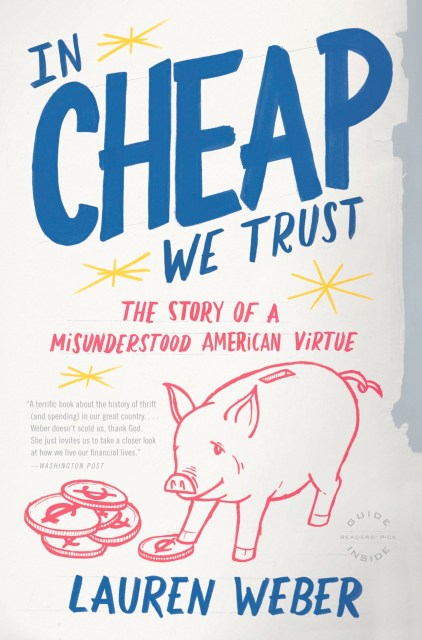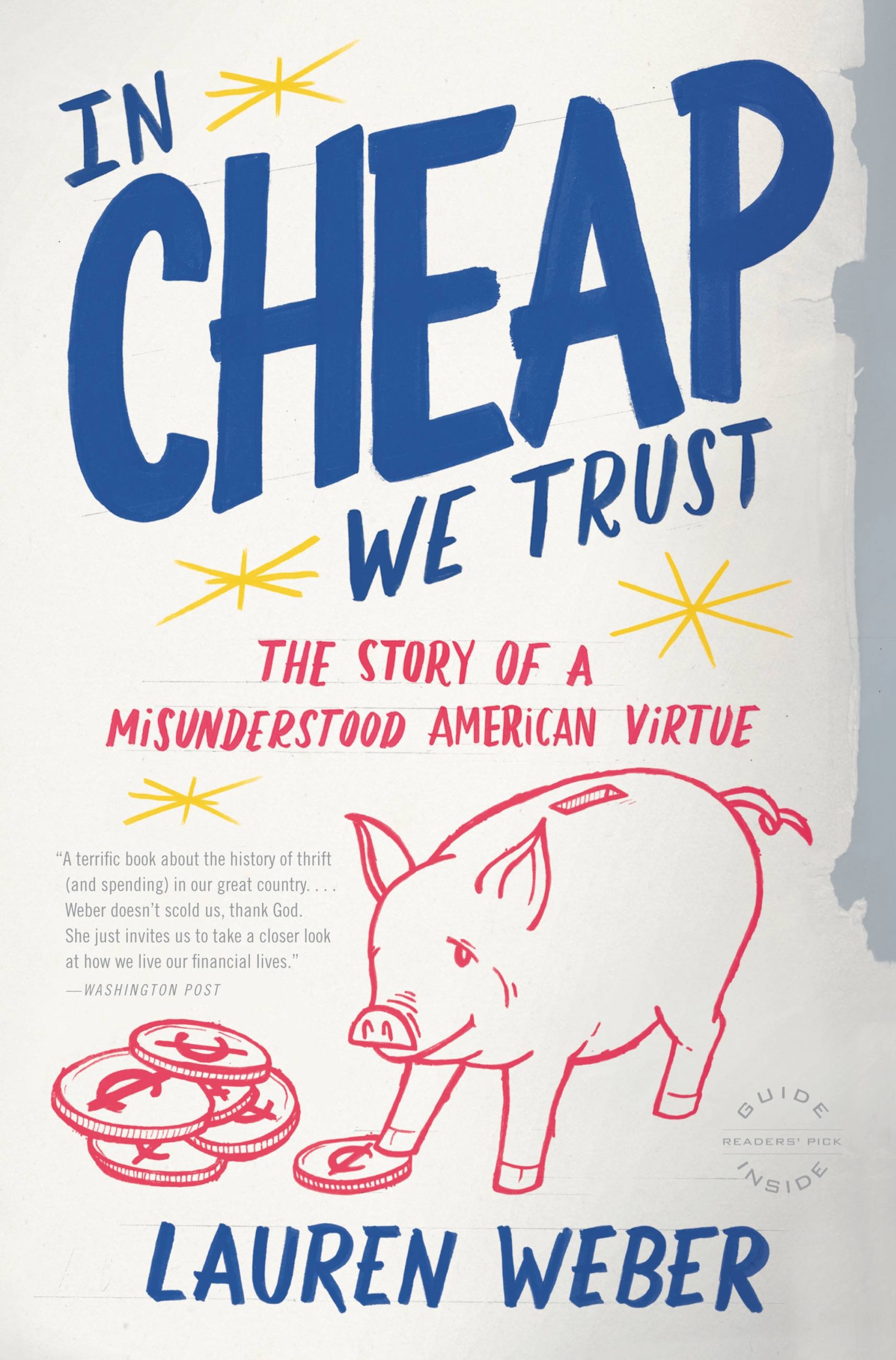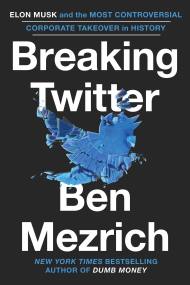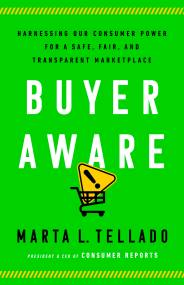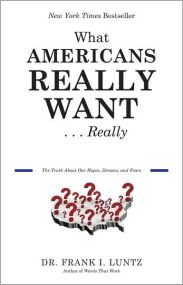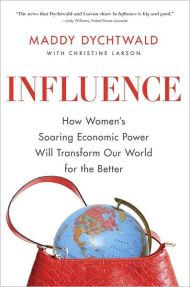
In CHEAP We Trust
The Story of a Misunderstood American Virtue
Contributors
By Lauren Weber
Formats and Prices
Price
$21.99Price
$28.99 CADFormat
Format:
- Trade Paperback $21.99 $28.99 CAD
- ebook $9.99 $12.99 CAD
Also available from:
Cheap suit. Cheap date. Cheap shot. It’s a dirty word, an epithet laden with negative meanings. It is also the story of Lauren Weber’s life. As a child, she resented her father for keeping the heat at 50 degrees through the frigid New England winters and rarely using his car’s turn signals-to keep them from burning out. But as an adult, when she found herself walking 30 blocks to save $2 on subway fare, she realized she had turned into him.
In this lively treatise on the virtues of being cheap, Weber explores provocative questions about Americans’ conflicted relationship with consumption and frugality. Why do we ridicule people who save money? Where’s the boundary between thrift and miserliness? Is thrift a virtue or a vice during a recession? And was it common sense or obsessive-compulsive disorder that made her father ration the family’s toilet paper?
In answering these questions, In Cheap We Trust offers a colorful ride through the history of frugality in the United States. Readers will learn the stories behind Ben Franklin and his famous maxims, Hetty Green (named “the world’s greatest miser” by the Guinness Book of Records) and the stereotyping of Jewish and Chinese immigrants as cheap.
Weber also explores contemporary expressions and dilemmas of thrift. From Dumpster-diving to economist John Maynard Keynes’s “Paradox of Thrift” to today’s recession-driven enthusiasm for frugal living, In Cheap We Trust teases out the meanings of cheapness and examines the wisdom and pleasures of not spending every last penny.
In this lively treatise on the virtues of being cheap, Weber explores provocative questions about Americans’ conflicted relationship with consumption and frugality. Why do we ridicule people who save money? Where’s the boundary between thrift and miserliness? Is thrift a virtue or a vice during a recession? And was it common sense or obsessive-compulsive disorder that made her father ration the family’s toilet paper?
In answering these questions, In Cheap We Trust offers a colorful ride through the history of frugality in the United States. Readers will learn the stories behind Ben Franklin and his famous maxims, Hetty Green (named “the world’s greatest miser” by the Guinness Book of Records) and the stereotyping of Jewish and Chinese immigrants as cheap.
Weber also explores contemporary expressions and dilemmas of thrift. From Dumpster-diving to economist John Maynard Keynes’s “Paradox of Thrift” to today’s recession-driven enthusiasm for frugal living, In Cheap We Trust teases out the meanings of cheapness and examines the wisdom and pleasures of not spending every last penny.
-
"An entertaining, wide-ranging - and very timely - exploration of thrift."O, The Oprah Magazine
-
"Lessons steam up from this terrific book about the history of thrift (and spending) in our great country."Washington Post
-
"A defense of thrift, but a sincere, inquisitive one."Slate.com
-
"A fascinating account of our nation's binge-and-purge cycle of spending and sacrifice."Fast Company
-
"What's the fine line between thrift and stinginess, self-control and compulsion, purpose and obsession? Lauren Weber's fresh take on the quirky side of saving and spending couldn't be timelier."Sylvia Nasar, author of A Beautiful Mind
- On Sale
- Oct 11, 2010
- Page Count
- 336 pages
- Publisher
- Back Bay Books
- ISBN-13
- 9780316030298
Newsletter Signup
By clicking ‘Sign Up,’ I acknowledge that I have read and agree to Hachette Book Group’s Privacy Policy and Terms of Use
